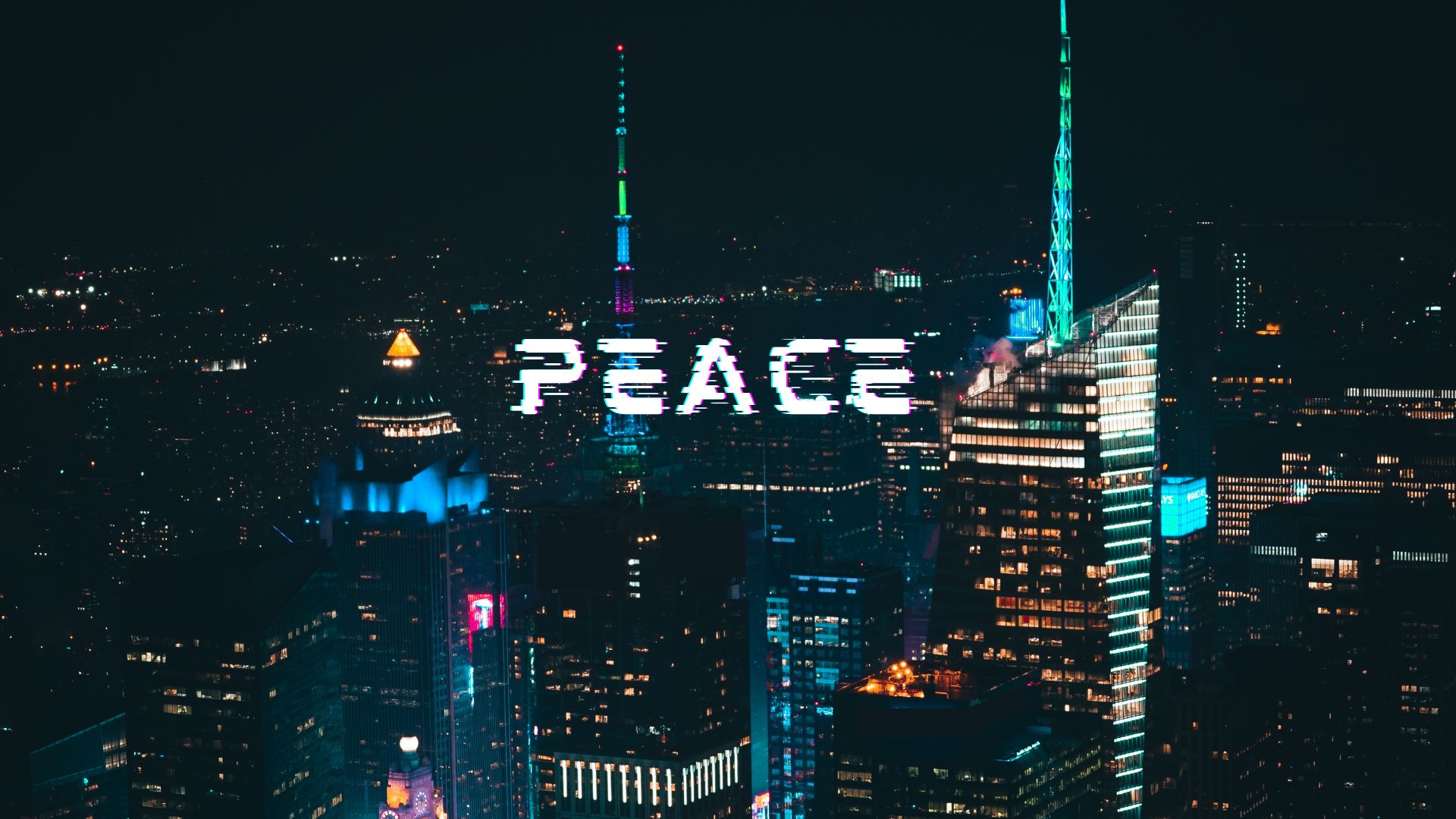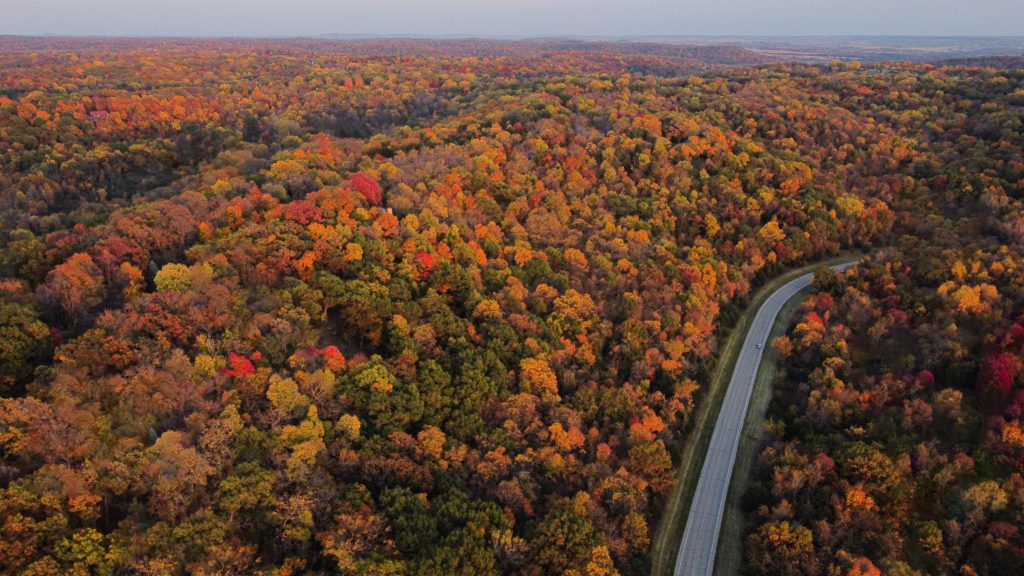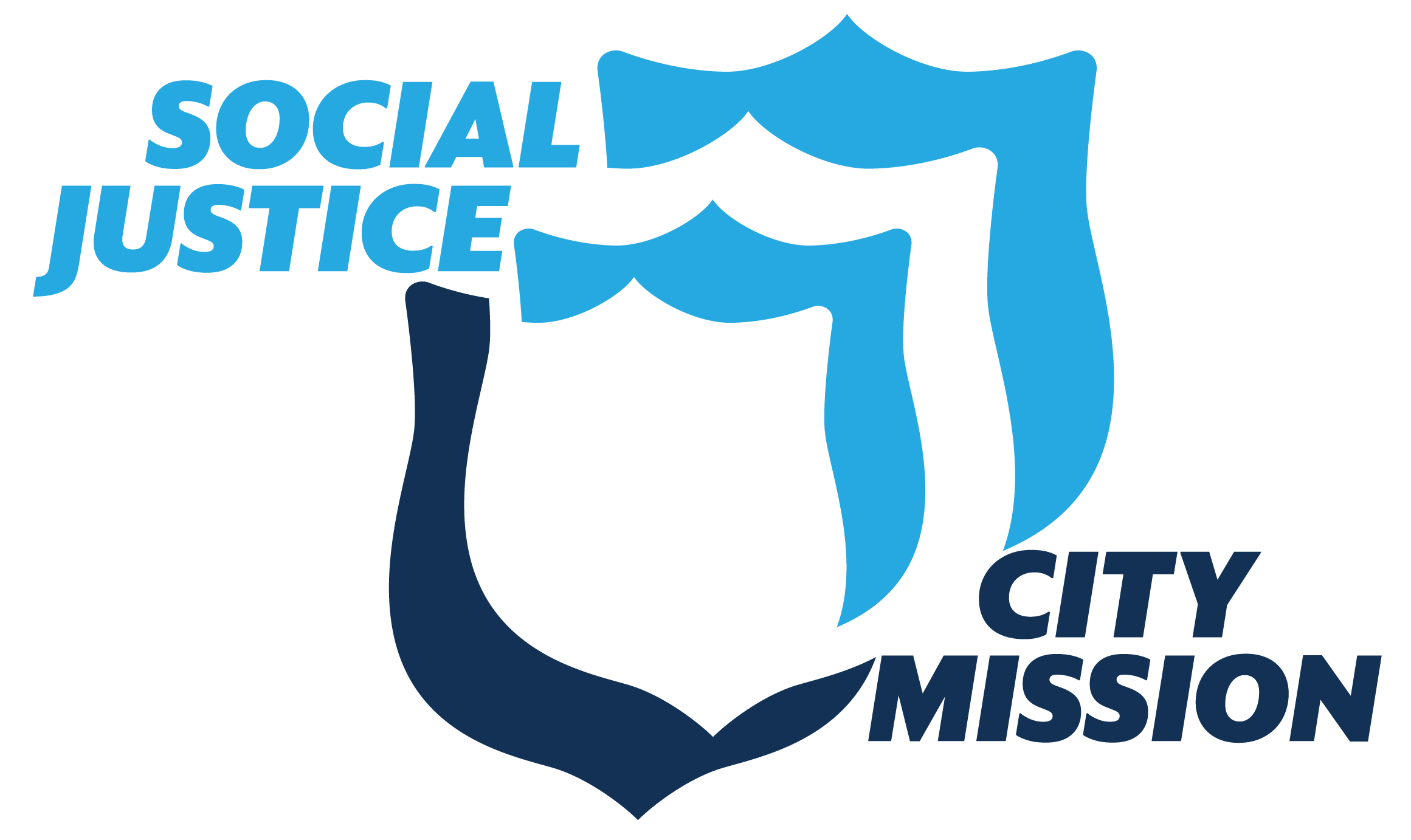May 2023
After exploring various options, both considering Salvation Army services and community resources, we are thrilled to open our (temporary) Center for Social Justice and City Mission out of The Salvation Army Midwest Corps.
While this is a fluid project that will continue to change, we believe that God has opened a door, as He also closed some, for us to step through and step out in faith. We cannot wait to see how God will continue to move throughout the community and how we will be able to walk alongside the congregation and corps in order to explore how to more fully integrate social justice response to the community needs and existing programs.
August 2022
We have had to scrap our plans for building the center in Chicago’s Lakeview East community. As resources have continued to be difficult to find and increasingly expensive to purchase, we realized that our plan was no longer fiscally possible. We were facing a significant increase in cost for much less building and space than is needed for us to fulfill our purpose of educating, equipping and engaging the broader Salvation Army of the Central Territory.
Yet this update does come with a significant silver lining. We are still exploring the best options for a location to establish the Center for Social Justice and City Mission. With this in mind, we are seeking to identify a location in which we will be able to truly accomplish our department’s priority of making a deeper, more sustainable impact on the lives of suffering people and struggling communities than the provision of social services can achieve alone. We are able to truly look at potential locations with regard to where we can most broadly connect and collaborate with partners. We are striving to identify a location in which we truly can be neighbors living and working in community.
We will keep you updated on this exciting process.
October 2021
In March 2019, a property was purchased in the Lakeview East Community in Chicago, Illinois. Originally, the plan was to renovate the building to meet the needs of the Center for Social Justice and City Mission. However, after much discussion with various stakeholders, it was determined that the building would not be able to structurally support required updates to ensure the building is accessible to all persons.
This decision is bittersweet, as we recognize that the building has served the community for more than a century, but are also excited about the future of the Center. We look forward to having a center that will provide space to better educate, equip and engage The Salvation Army Central Territory, and also will give us the opportunity to be good neighbors in the community to which God is calling us.


The Salvation Army Center for Social Justice and City Mission acknowledges this land on which the current center is located is the traditional territory and homeland of many Indigenous Nations, including the Očhéthi Šakówiŋ, Myaamia, Kaskaskia, Bodwéwadmi (Potawatomi), Kiikaapoi (Kickapoo), and Peoria people. As the original caretakers, Indigenous peoples welcomed newcomers with hospitality and generosity seeking to walk well with one another. Today, Indigenous Nations continue to reside across this land. We seek to honor the past, present, and future contributions Indigenous peoples make in strengthening communities across the Midwest.
We are all people residing on traditional unceded or treatied territories. Many of us have come here as settlers, immigrants, newcomers in this generation or generations past. We are mindful of broken covenants and we strive to make this right, with the land and with each other.
We would also like to acknowledge those of us who came here involuntarily, particularly as a result of the Trans-Atlantic Slave trade. And so, we honor and pay tribute to the ancestors of African Origin and Decent.
May we learn to walk gently with one another.


